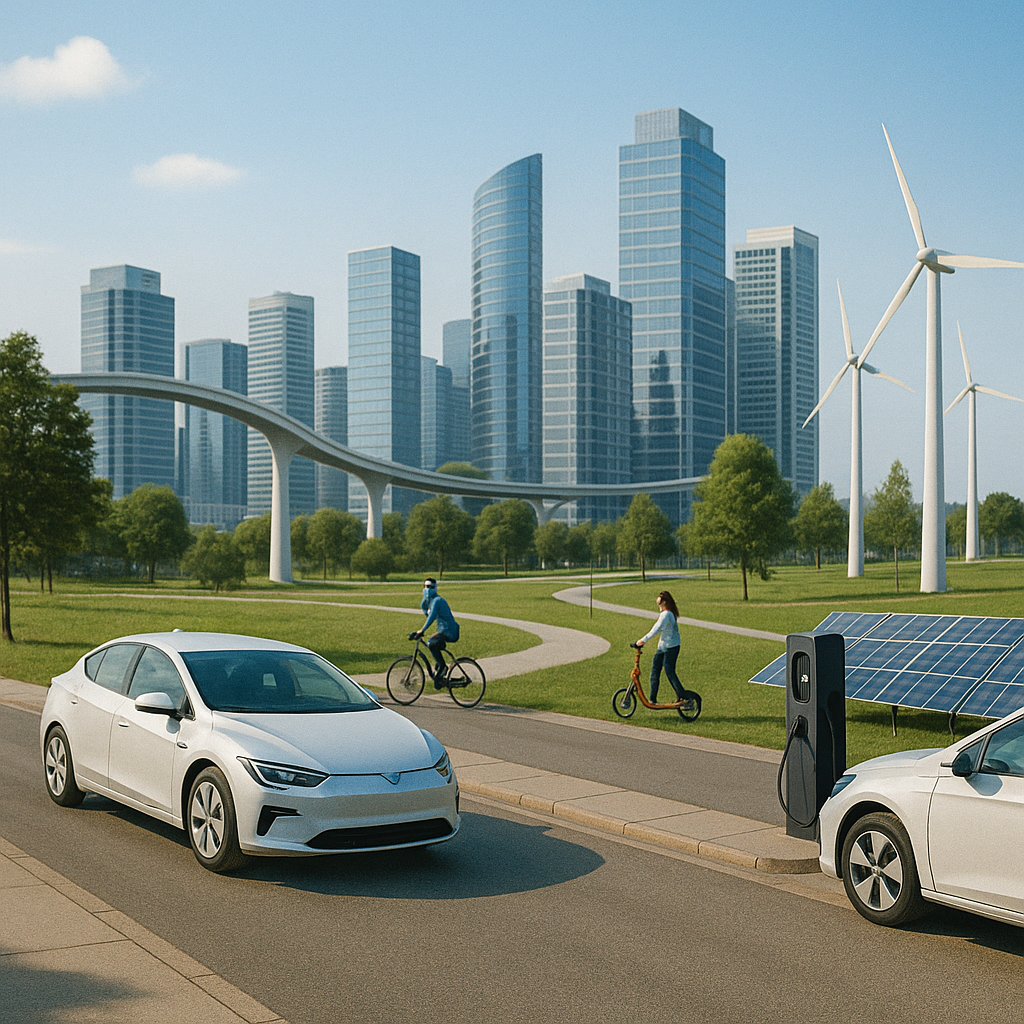The concept of the sharing economy has evolved from a niche idea to a global movement, reshaping industries, communities, and lifestyles. As we move deeper into the 21st century, collaborative consumption is proving to be more than just a trend: it is becoming a fundamental shift in how we access goods and services. By leveraging technology, trust-based networks, and resource optimization, the sharing economy is fostering a more sustainable and efficient world.
The Essence of the Sharing Economy
At its core, the sharing economy is about maximizing the use of resources by facilitating peer-to-peer (P2P) exchanges. This model moves away from traditional ownership and instead promotes shared access to goods and services. The rise of digital platforms has accelerated this shift, making it easier than ever to connect individuals who have resources with those who need them. From renting a car for a few hours to sharing office spaces, the sharing economy is broadening access while reducing waste.
making it easier than ever to connect individuals who have resources with those who need them. From renting a car for a few hours to sharing office spaces, the sharing economy is broadening access while reducing waste.
A significant benefit of the sharing economy is its ability to reduce financial barriers to essential services. In the past, owning a car, home, or office space required a substantial investment. Today, digital platforms enable users to access these assets on a flexible basis, paying only for what they need, when they need it. This shift is making life more affordable and opening up opportunities for individuals to monetize underutilized assets.
Mobility as a Key Driver
The transportation sector is one of the biggest beneficiaries of the sharing economy. Car-sharing services like volvero, ride-sharing platforms such as BlaBlaCar, and bike-sharing initiatives in major cities have significantly reduced the need for private car ownership. Fewer cars mean lower emissions, reduced traffic congestion, and a smaller carbon footprint.
Additionally, shared mobility solutions integrate well with public transportation, creating a seamless and efficient urban mobility network. Many cities are investing in micro-mobility solutions—such as e-scooters and shared bicycles—encouraging people to choose environmentally friendly travel options over traditional car use.
A key advantage of shared mobility is its ability to provide flexible and affordable transportation alternatives to underserved communities. Many individuals living in urban areas rely on public transit, but last-mile connectivity remains a challenge. Car-sharing and micro-mobility solutions bridge this gap, making it easier for individuals to complete their journeys without relying on private car ownership.
Real-World Examples of the Sharing Economy in Action
Several industries are witnessing the transformative power of collaborative consumption:
- Accommodation: Platforms like Airbnb allow homeowners to rent out unused spaces, offering travelers a more affordable and personalized lodging experience.
- Workspaces: Co-working spaces such as WeWork and Impact Hub provide flexible working environments, reducing the need for dedicated office buildings and fostering collaboration among professionals.

- Fashion and Retail: Clothing rental services and second-hand marketplaces like Vinted and Rent the Runway promote circular fashion, reducing waste in the fast-fashion industry.
- Food Sharing: Apps like Too Good To Go and OLIO help combat food waste by allowing individuals and businesses to distribute surplus food to those in need.
- Tool and Equipment Sharing: Platforms such as ShareGrid and Fat Llama enable people to rent tools, cameras, and other equipment rather than purchasing them outright, saving money and reducing material waste.
Beyond these industries, the sharing economy is also influencing how communities function. Neighborhood-sharing initiatives encourage residents to pool resources such as gardening tools, appliances, and even childcare services, fostering stronger local connections and reducing unnecessary consumption.
Conclusion
The rise of the sharing economy represents a profound shift in societal values: one that prioritizes access over ownership, sustainability over waste, and collaboration over competition. As we continue to integrate these principles into our daily lives, we are not just reshaping industries but also paving the way for a future where efficiency, equity, and environmental responsibility go hand in hand.

Looking ahead, innovation in technology, regulatory advancements, and growing consumer awareness will further drive the expansion of the sharing economy. By embracing these changes, we can create a world that is not only economically efficient but also socially and environmentally conscious. The future of collaborative consumption is bright, and its impact will be felt for generations to come.





